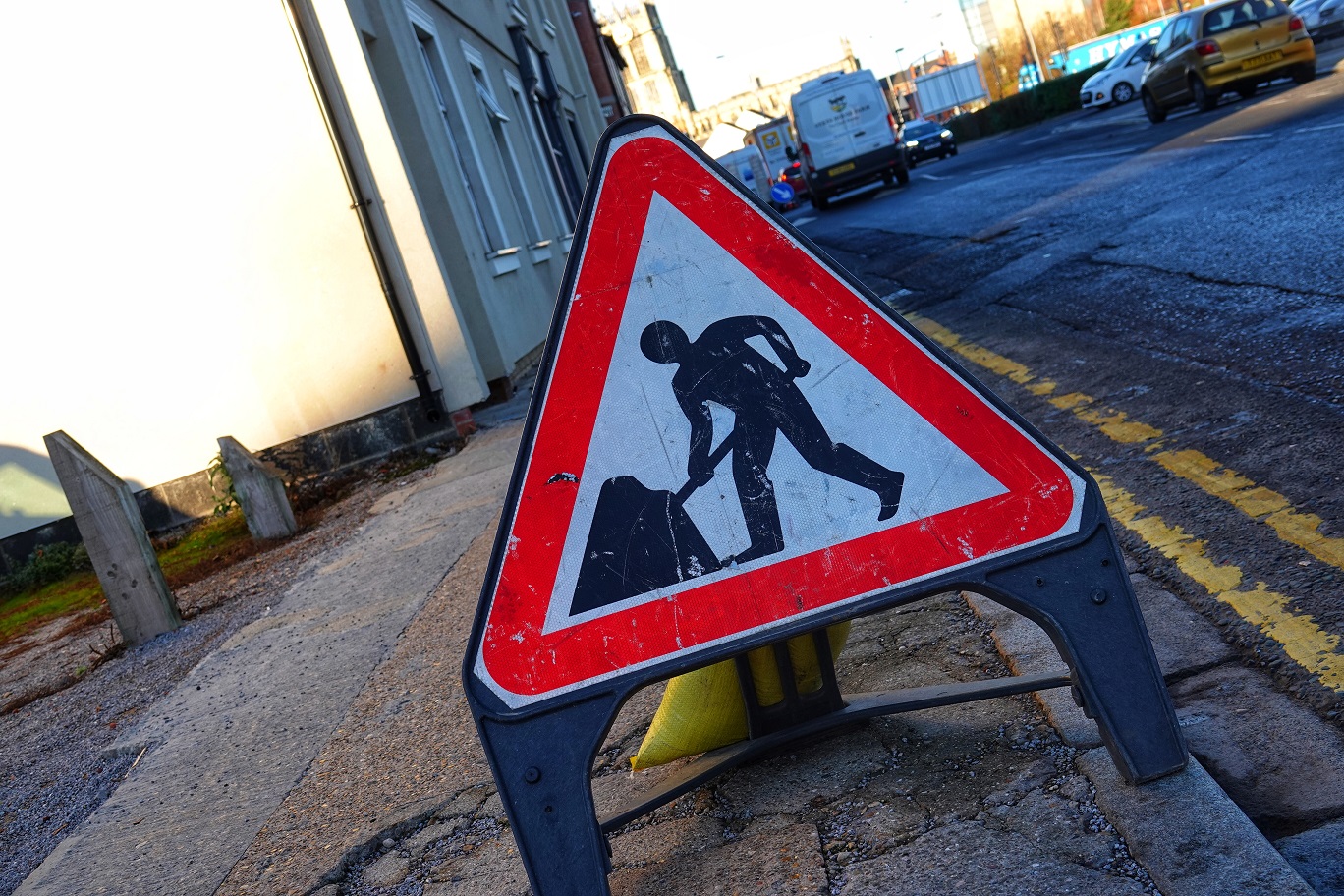Data shows air quality in Hull has been steadily improving since 2016 and is expected to continue to get better. Levels of Nitrogen Dioxide, the main pollutant of concern across the country, are monitored at 150 different locations around the city. With the exception of one area along the A63, air quality meets the stringent legal limits set by the UK Parliament. It is expected the issues in this one area will be addressed by the current improvements being undertaken to the A63.
Hull City Council’s Air Quality Strategy, launched in 2017, sets out how the authority will continue to improve air quality. It includes regular reviews of data, progress monitoring and next steps. The strategy sits alongside other work which will tackle emissions and improve Hull’s green credentials, including the Carbon Neutral Strategy and significant road and cycle network improvements.
A new report by the authority’s air quality team reviews improvements – including a particularly significant dip during lockdown in 2020, when fewer people were using the road. It looks at achievements, key areas to address and priorities.
These priorities include:
- Initiating a Feasibility Study of the existing Air Quality Action Plan to ensure that resources are focussed on the most appropriate areas for improvement
- Working more closely with stakeholders on issues including traffic congestion.
Cllr Daren Hale, leader of Hull City Council, said: “Sometimes ill-informed statements imply locally and nationally that Hull is a city with poor air quality. This is simply not true; we have invested significantly in reviewing, assessing and improving air quality, and the results are overwhelmingly positive.
“There is always room for improvement. We do still see levels of pollutants exceed the legal limits set by UK Parliament within the one area near the A63, which is expected to be addressed by the current improvements being undertaken. We’re absolutely committed to improving air quality, reducing emissions and meeting our target of being carbon neutral by 2030.
“I understand that delays and diversions as a result of the ongoing improvements to our roads and cycle networks can be frustrating, including the major works to the A63 being undertaken by National Highways (formerly Highways England). However, our goals for the city’s air quality are ambitious and we simply won’t achieve them without this work. It is necessary and relatively short-lived pain, for long-term gain.
“The evidence from lockdown demonstrates the huge impact made when there is less traffic in the city. We can all make conscious efforts to minimise our car use which impact emissions as well as overall health. Cycling or walking journeys under two miles, greater flexibility for a blend of home and office working as well as using public transport as much as possible all help”.
Read the full report here: https://cmis.hullcc.gov.uk/cmis/CalendarofMeetings/tabid/70/ctl/ViewMeetingPublic/mid/397/Meeting/9356/Committee/3/Default.aspx.




